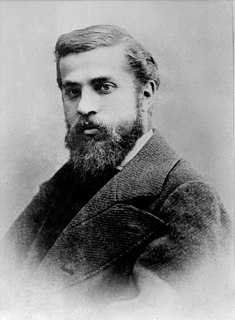A Quote by Francis Bacon
Prosperity discovers vice, adversity discovers virtue.
Quote Topics
Related Quotes
The goal of mankind is knowledge ... Now this knowledge is inherent in man. No knowledge comes from outside: it is all inside. What we say a man 'knows', should, in strict psychological language, be what he 'discovers' or 'unveils'; what man 'learns' is really what he discovers by taking the cover off his own soul, which is a mine of infinite knowledge.
By Allah, whenever I endure any adversity I gain four blessings of Allah in exchange. The first of them is, when the adversity is not caused by my sin (virtue is earned). The second, when the adversity is not greater than my sin (virtue is earned). The third, when I am not deprived of contentment (virtue is earned). And the fourth, I hope for virtues thereby.
The individual man, in introspecting the fact of his own consciousness, also discovers the primordial natural fact of his freedom: his freedom to choose, his freedom to use or not use his reason about any given subject. In short, the natural fact of his "free will." He also discovers the natural fact of his mind's command over his body and its actions: that is, of his natural ownership over his self.







































